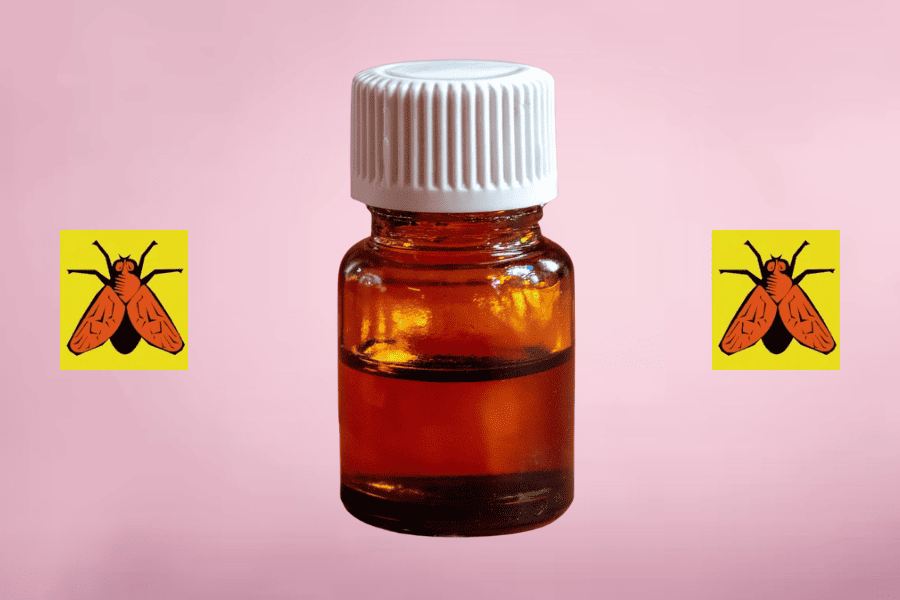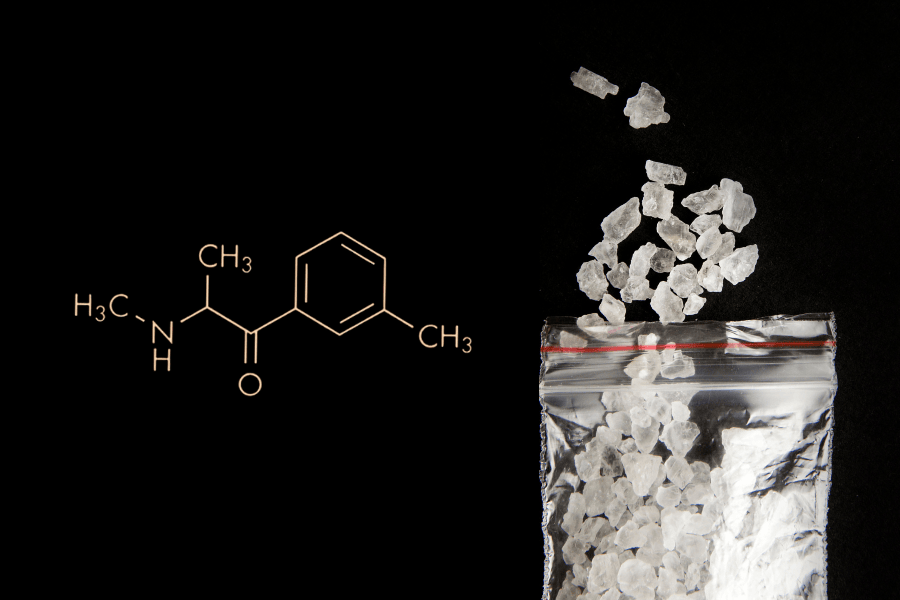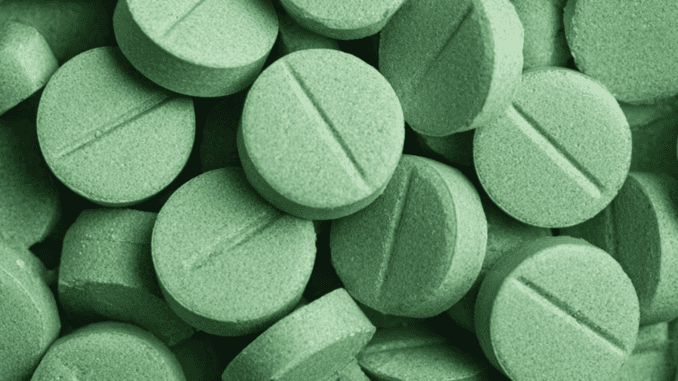How long does THC stay in your system?
- Funcaps
- Blogs about research chemicals
- 21 Feb 2025
- 16views
- Reading time: 3 minutes

THC is the main component of cannabis and is responsible for the psychedelic effects caused by hash and weed. On average, THC is detectable in your blood for 2 to 7 days, but this partly depends on how often you smoke weed. For chronic smokers, THC can remain visible for up to a month. In this article, we will therefore try to answer the question: how long is THC detectable in your blood? We will also delve deeper into the factors that determine its detectability.
How long is THC detectable in your blood?
THC, a cannabinoid just like CBD, can be detected in your blood for about 2 to 7 days after your last joint. This also depends on the dosage of THC you consume and how frequently you take THC. How long can THC be detected in your blood at most? Chronic cannabis smokers have a significant level of THC in their blood, which means THC can be detected for up to 21 days in tests—sometimes even longer than a month. The same applies to the cannabinoid HHC, which is detected as THC in saliva and urine tests and can therefore produce a positive test result for THC.
How long is weed detectable in your blood?
Although THC is the main component of weed, weed also contains other substances that determine how long it stays in the blood and urine. Most components are usually eliminated from the body within twelve hours, but THC plays a crucial role in the overall duration of weed in your system. Therefore, the processing time of weed is approximately comparable to that of THC (ranging from a few days to a week).
And in your urine?
Weed use can be detected through a urine test. In urine, weed remains detectable for an average of 1 to 2 weeks. However, the exact duration depends on the frequency of use. For someone who smokes weed daily and multiple times a day, it can remain detectable for more than two weeks. In extreme weed users, it can even be found up to three months after the last joint.
What factors determine the detectability of THC?
What determines how long THC stays in your blood? Several factors influence the duration of THC in your system. Dosage, frequency of cannabis use, and personal circumstances all play a role. Other determining factors include:
- The method of consumption. Cannabis can be smoked or consumed through cannabis edibles. When you smoke weed or hash, THC enters your bloodstream more quickly.
- The half-life of THC
- Your metabolic rate
- Your body fat percentage
- The presence of alcohol, medications, or other drugs in your system
- Your body's hydration levels
How does our body process THC?
Your body processes THC in several phases. It begins with the absorption of THC into the bloodstream, which occurs immediately after ingestion. Your blood circulates THC throughout your body, including your brain and nervous system. It is also temporarily stored in your fat tissue. The third phase is the metabolic process, where your body breaks down THC into smaller metabolites. This process mainly occurs in your liver. Finally, the metabolites are excreted through your urine and feces.
How long do the effects of THC last?
Although THC can be detected in your blood for up to a month and in your urine for up to three months, the psychedelic effects of the active substance do not last that long. When you smoke hash or weed, the effects appear within a few minutes. These effects typically last about two to three hours. The total duration of the effects is also determined by the amount of THC in your cannabis. An average joint contains 15 to 20 percent THC, but some types of weed and hash contain 25 to 30 percent THC. The more THC you consume, the stronger and longer the effects will be.











